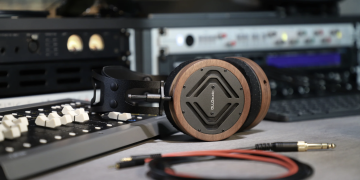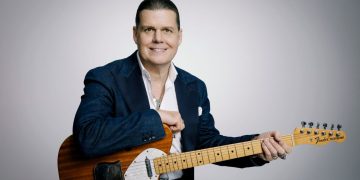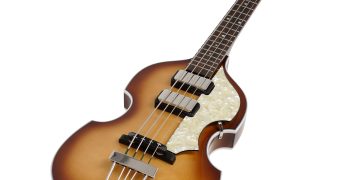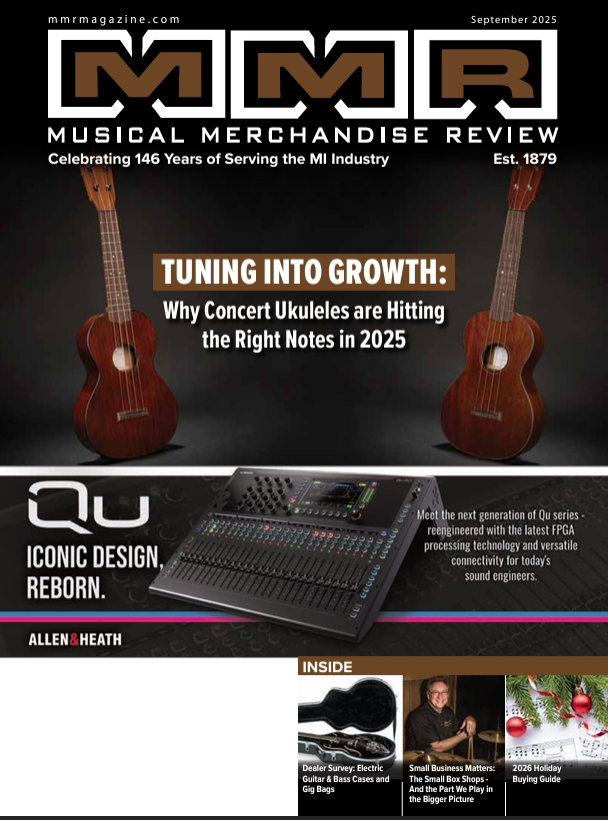
Sales in the German musical instrument market were up 7.2 per cent in 2015, according to trade body SOMM (Society of Music Merchants).
According to SOMM, total sales of musical instruments, music equipment and sheet music in 2015 were around €1.03bn, up 7.2 per cent compared to the same period the year before (2014: €960 million).
The market saw an increase in sales in nearly all product sectors.
Double-digit sales increases were registered in the areas of stringed instruments (13.2%), microphones and earphones (10.4%) and lighting equipment (39.2%). There was also high single digit growth in keyboard instruments, wind instruments, drums and percussion.
“The generally positive consumer demand last year was also clearly visible in sales in the musical-instrument sector. The favourable labour market conditions and rising real incomes had an impact on the musical instrument market, “ said Daniel Knöll, (pictured left) managing director of SOMM.
Despite recent growth, the lack of music teaching at schools in Germany remains the biggest challenge for the industry. Fewer and fewer pupils are active in music or have no more contact with musical instruments.
“This has a particularly negative impact on the cultural education and personal development of young people. It is an irreplaceable educational gap arise that can not be replenished. Politicians must act here – immediately, “demanded Knöll.
But the decrease in music tuition has an impact on the economy of the musical-instrument sector. So reported the industry association in recent years the market growth in the field of music equipment, but recorded in return a reduction in the market share of traditional musical instruments. The industry responds to these trends and provides products in the market, which are the interests, wishes and requirements of the consumer needs.
“However, this will be borne by the product and the retail trade. The shops try to bring their profits not from customers but from competitors and suppliers. But branded live on their promise of quality and a high price and the dealer live on their margins, but some consumers are no longer willing to pay for quality, “summarised Knöll.
“This is about much more than a music teaching debate and the importance of music in society and the preservation of the cultural musical instrument. It is also about fair competition, obtaining a corporate culture and the economy of an entire industry”
The overall market gets this changes clearly noticeable: the price pressure is gaining in importance, increasing competition and market concentration increases. Foreign suppliers are pushing with cheap offers across platforms and Internet marketplaces in the business field and attack from transactions which are not invested back into the industry. These Knöll:
Price pressure is also affecting German retailers, said Knoll, who called for the German Government to introduce minimum price protection.
“We would hope that we in Germany could have something that has long been standard in the United States: a minimum Advertised Price. More than the ‘retail price’ in this country is not possible. To that extent I envy the resale price of the German book trade.”


























